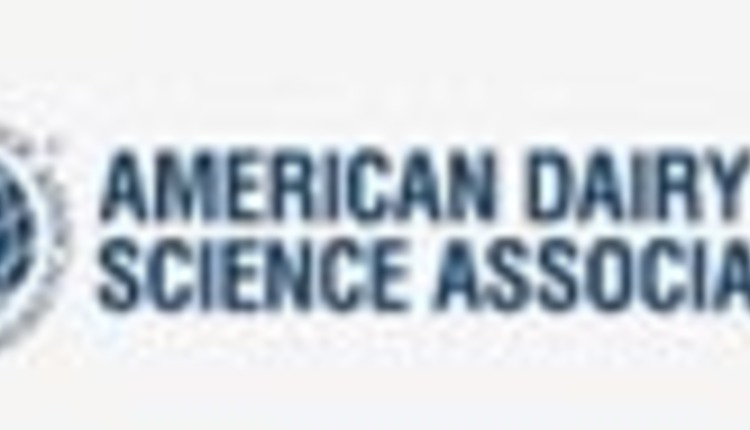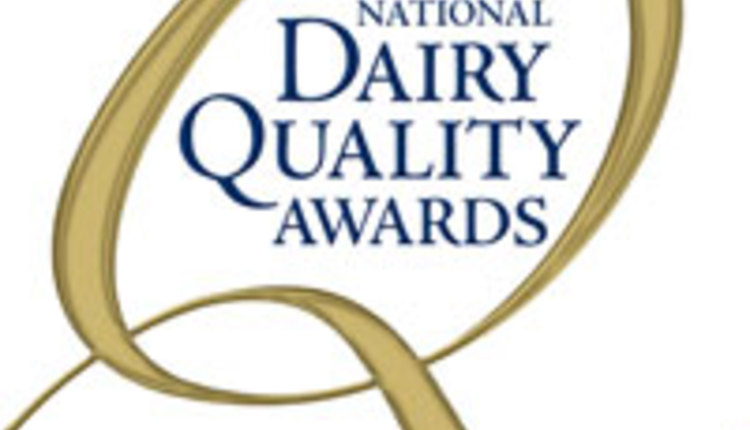
FarmFirst Dairy Cooperative, and other members of the Midwest Dairy Coalition, submitted comments to the Food & Drug Administration (FDA) suggesting that the 2015-2020 Dietary Guidelines for Americans (DGA) be utilized by the agency when determining when the term “healthy” can be used on dairy food labels.
The joint letter described the value that nutrition policy plays in the lives of consumers and pointed out that all dairy products beyond simply non-fat and low-fat milk and dairy products are part of a healthy diet. Science has shown in several peer-reviewed studies that dairy products have proven to be beneficial to human health. The letter pointed out that the DGA has also recognized that milk and dairy products are under consumed by Americans.
“We have long known that not all fats are created equal,” the letters states. “Given the evolving state of nutrition science, we urge you to set up a process whereby any guidelines governing the use of the term ‘healthy’ on food and beverage labels may be updated periodically based on the latest peer-reviewed science.”
Additional studies and research will help identify how dairy plays an active, beneficial role in consumers diets, and be recognized as a key part of a healthy lifestyle.
“As new research continues to prove the health benefits, dairy can continue to be revered as a great nutritional resource and valuable part of our diets, and therefore deserving of being labeled as ‘healthy’,” says Jeff Lyon, General Manager of FarmFirst Dairy Cooperative. “Few foods are as nutritionally dense as dairy, and even fewer provide such a unique composition of healthy fats as well as key vitamins, minerals and nutrients.”
Additionally, the joint letter also addressed the need for FDA to enforce existing standards of identity with respect to milk and dairy products.
“The purpose of the FDA standards of identity regulations is to ensure food and beverage labels give consumers accurate and consistent information about the foods they buy,” the letter states. “We are particularly concerned that consumers are being misled to believe that imitation dairy products contain the same nutritional value as the actual dairy products they are imitating. In fact, imitation dairy beverages fail to match the nine essential nutrients contained in cow’s milk. This is particularly true for protein, where most imitation dairy beverages provide little to no protein, in comparison to the 8 grams of protein per serving of actual milk.”
When it comes to consumers being confused, the real issue is not whether consumers understand that the milk was produced by cow or processed from a plant. It is an issue of equivalency when it comes to nutrition, taste and composition.
“Consumers want transparency in the food and the products they buy more than ever before,” says Lyon. “Now is the time to enforce the true definition of milk and other dairy products to ensure that consumers are provided with the clarity and transparency that they desire.”
Comments regarding the term “healthy” were open by the FDA to receive public comments to evaluate the need to update their nutrient content claim regulations. The comment period closed on October 11, 2018.
FarmFirst Dairy Cooperative, established in 2013 and based in Madison, Wis., represents farmers in Wisconsin, Minnesota, South Dakota, Michigan, Iowa, Illinois and Indiana by providing legislative and regulatory advocacy, dairy marketing services, disaster protection, laboratory testing opportunities and industry promotion. FarmFirst Dairy Cooperative is a merger of three long-time prominent Wisconsin cooperatives.

